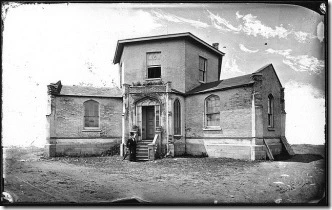Copyright © 2009 - 2026 - All Rights Reserved
Social Work Test Prep, LLC Pass the social work licensing exam with realistic practice. Full-length SWTP practice tests have helped thousands of social workers prepare for the ASWB Bachelors, Masters, Advanced Generalist, and Clinical exams. You’re next! Pass the LCSW, LMSW, LICSW, LGSW, or LSW exam. Connect with a study group or get tutoring from an experienced social work tutor. Free practice test and study guide with sign-up. All SWTP content is reviewed by licensed social workers. Meet the team. Get practice, get licensed! For continuing education units, use SWTP CEUs

 If you've been taking social work licensing exam practice questions, you've no doubt encountered items that require you to know when reporting and hospitalization are required. You're less likely to have crossed paths with questions about when it's best to refer clients (in vignettes and in real-life practice) to residential treatment. It's something worth considering, both for exam prep and for doing good social work. The question has happily gotten a thorough write-up and sits awaiting yuor attention in the Social Work Today archives. The "too long; won't read" for
If you've been taking social work licensing exam practice questions, you've no doubt encountered items that require you to know when reporting and hospitalization are required. You're less likely to have crossed paths with questions about when it's best to refer clients (in vignettes and in real-life practice) to residential treatment. It's something worth considering, both for exam prep and for doing good social work. The question has happily gotten a thorough write-up and sits awaiting yuor attention in the Social Work Today archives. The "too long; won't read" for